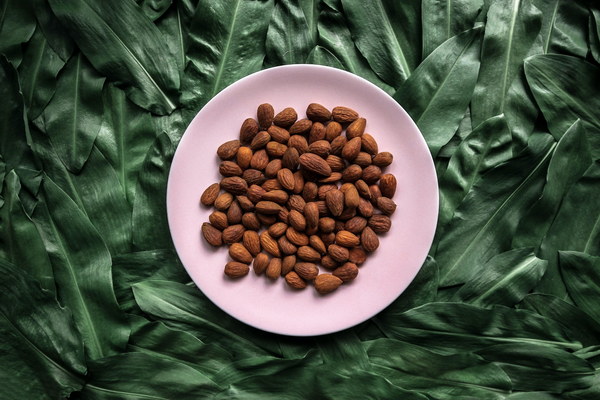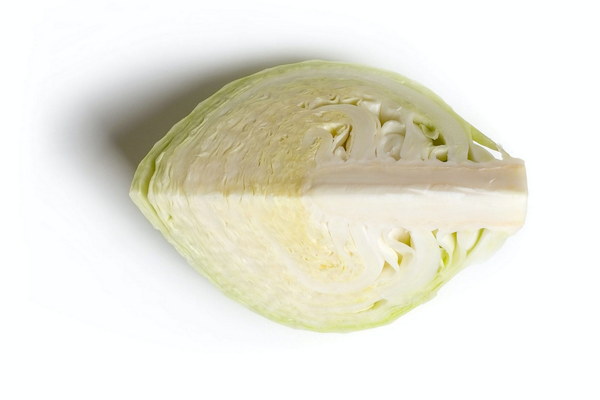Nurturing Little Athletes A Comprehensive Guide to Childrens Fitness and Health
In today's fast-paced world, it is more important than ever to prioritize the health and fitness of our children. As parents and educators, we play a crucial role in instilling healthy habits that will last a lifetime. This article aims to provide valuable insights into children's fitness and health, based on a comprehensive knowledge lecture.
Understanding the Importance of Physical Activity
Physical activity is essential for a child's growth, development, and overall well-being. Regular exercise helps in maintaining a healthy weight, improving cardiovascular health, and enhancing motor skills. Moreover, it fosters emotional stability, boosts self-esteem, and encourages social interaction.
Designing an Effective Exercise Routine
To create an effective exercise routine for children, it is important to consider their age, interests, and physical abilities. Here are some key points to remember:
1. Age-appropriate activities: Young children (aged 3-5) benefit from activities that promote gross motor skills, such as running, jumping, and playing tag. As they grow older, introduce more complex activities like cycling, swimming, and team sports.
2. Duration and frequency: Aim for at least 60 minutes of moderate to vigorous physical activity daily. Break this down into smaller sessions if necessary.
3. Variety: Keep the exercise routine interesting by incorporating different activities. This will help in maintaining your child's motivation and preventing boredom.
4. Safety: Always supervise children during exercise to ensure their safety. Provide appropriate equipment, such as helmets, knee pads, and wrist guards.
Nutrition and Hydration
A balanced diet and adequate hydration are crucial for children's fitness and health. Here are some tips to help you make healthier choices:
1. Provide a variety of nutritious foods: Include fruits, vegetables, whole grains, lean proteins, and healthy fats in your child's diet.
2. Limit processed foods and sugary drinks: These can contribute to obesity, dental problems, and other health issues.
3. Encourage water consumption: Hydration is essential for optimal physical performance and overall health.
4. Model healthy eating habits: Children learn by example. Eat nutritious meals and snacks with your child to encourage them to make healthier choices.
Promoting Mental Well-being
Physical activity is not just about the body; it also plays a vital role in mental health. Here are some ways to promote mental well-being through exercise:
1. Encourage emotional expression: Allow children to express their feelings during and after exercise, whether it's through talking, writing, or art.
2. Teach stress management techniques: Help children develop coping strategies for stress, such as deep breathing, mindfulness, and positive self-talk.
3. Build resilience: Encourage children to overcome challenges and setbacks, which will help them develop resilience and confidence.
4. Foster social connections: Engage in group activities that promote teamwork, cooperation, and friendships.

Conclusion
In conclusion, a well-rounded approach to children's fitness and health involves a combination of physical activity, nutrition, and mental well-being. By implementing these strategies, we can help nurture little athletes who are not only physically fit but also emotionally and mentally healthy. Remember, the key is consistency and positive role modeling. Together, we can create a healthier future for our children.









